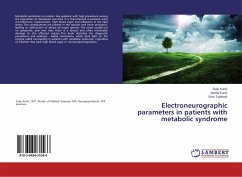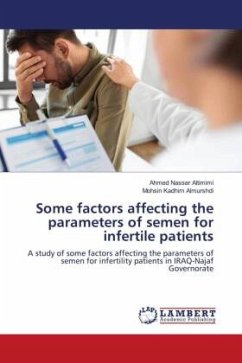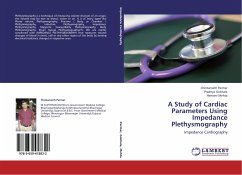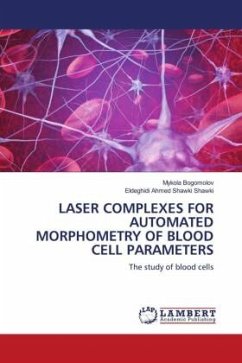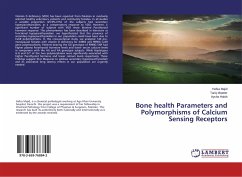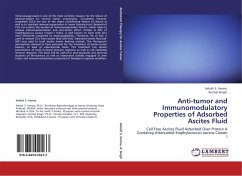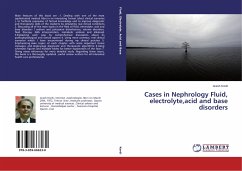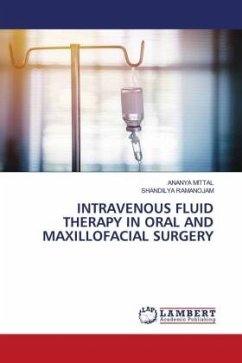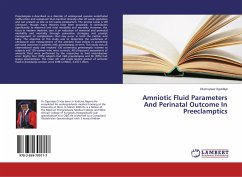
Amniotic Fluid Parameters And Perinatal Outcome In Preeclamptics
Versandkostenfrei!
Versandfertig in 6-10 Tagen
27,99 €
inkl. MwSt.

PAYBACK Punkte
14 °P sammeln!
Preeclampsia is described as a disorder of widespread vascular endothelial malfunction and vasospasm that manifest clinically after 20 weeks gestation and can present as late as 4-6 weeks postpartum. The precise cause is still unknown, though many theories have been proposed. It contributes significantly to maternal and fetal morbidity and mortality. However, the focus in modern obstetric care is on reduction of maternal and perinatal morbidity and mortality through preventive strategies and prompt management of complications that may occur in both the mother and baby. The objective of this st...
Preeclampsia is described as a disorder of widespread vascular endothelial malfunction and vasospasm that manifest clinically after 20 weeks gestation and can present as late as 4-6 weeks postpartum. The precise cause is still unknown, though many theories have been proposed. It contributes significantly to maternal and fetal morbidity and mortality. However, the focus in modern obstetric care is on reduction of maternal and perinatal morbidity and mortality through preventive strategies and prompt management of complications that may occur in both the mother and baby. The objective of this study was to determine the usefulness of ultrasound scan measurement of the amniotic fluid indices in predicting perinatal outcome in patients with preeclampsia at term. This study was an observational study and involved 120 consenting preeclamptic women as subjects and 120 women who were controls. All ultrasound assessments of amniotic fluid were performed by the researcher to limit interobserver error. Eighty four (70%) subjects had mild preeclampsia and 36 (30%) had severe preeclampsia. The mean AFI and single largest pocket of amniotic fluid in preeclamp women were 9.09±2.99cm, 3.33±1.05cm




